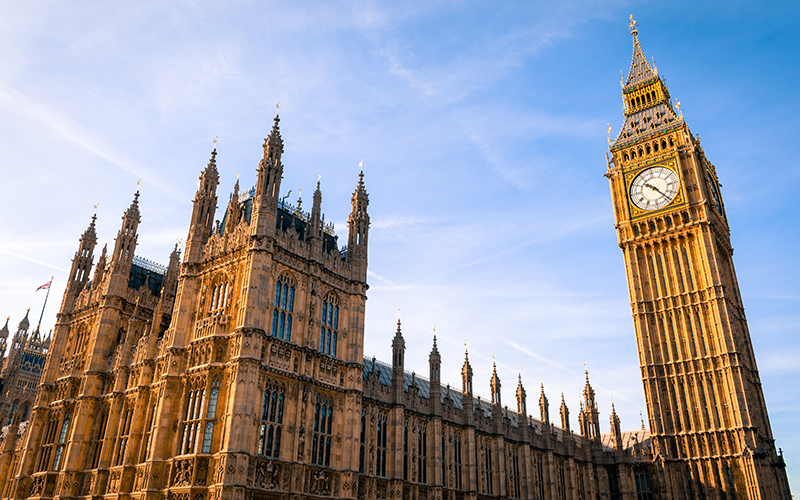Government unveils amendments to Employment Rights Bill

The government yesterday [4 March 2025] put forward amendments to the Employment Rights Bill.
This followed weeks of consultation and responses from business groups, trade unions and wider civil society.
These amendments were intended to “demonstrate the Government’s commitment to working in partnership with businesses and trade unions to ensure the plan to Make Work Pay is firmly pro-business and pro-worker”, the government said.
Further, the government said the amendments unveiled “carefully consider different views and needs of workers, businesses and the whole economy and looks to deliver measures that support the mutual interests required to drive a growing, modern economy. We are delivering reform through our Plan for Change to create a decade of national renewal, meaning increased living standards across every part of the UK and putting politics back in the service of working people”.
One of the amendments reflects a modified approach to oversight of workers’ relationship with the umbrella industry. Neil Carberry, CEO of the Recruitment & Employment Confederation, spoke in favour of the amendment, commenting: “Regulating the umbrella market closes a loophole in addressing non-compliance. Recruiters have long called for regulations that ensure a level playing field. Like all aspects of the government’s changes, proper enforcement will be key to protecting both businesses and workers.”
The amendments come following responses received to five government consultations:
• Application of zero-hours contracts measures to agency workers
“All workers, including up to 900,000 agency workers in the UK, should be able to access a contract that reflects the hours they regularly work. These amendments will ensure that agency work does not become a loophole in our plans to end exploitative zero-hours contracts. They will offer increased security for working people to receive reasonable notice of shifts and proportionate pay when shifts are cancelled, curtailed or moved at short notice – whilst retaining the necessary flexibility for employers in how they manage their workforces.”
• Strengthening remedies against abuse of rules on collective redundancy
“The government will increase the maximum period of the protective award from 90 days to 180 days and issue further guidance for employers on consultation processes for collective redundancies. Increasing the maximum value of the award means an employment tribunal will be able to grant larger awards to employees for an employer’s failure to meet consultation requirements. We want to enhance the deterrent against employers deliberately ignoring their collective consultation obligations and ensure it is not financially beneficial to do so.”
• Creating a modern framework for industrial relations
“The government is updating the legislative framework in which trade unions operate to align it with modern work practices. We are ensuring industrial relations are underpinned by collaboration, proportionality, accountability, and a system that balances the interests of workers, businesses and the wider public, with further details in the consultation response.”
• Strengthening Statutory Sick Pay
The government will ensure the safety net of Statutory Sick Pay is available to those who “need it the most, making it a legal right for all workers for the very first time”. Up to 1.3m employees on low wages who find themselves unable to work due to sickness will either receive 80% of their average weekly earnings or the current rate of Statutory Sick Pay – whichever is lower. Employees will have a right to Statutory Sick Pay from the first day of sickness absence, the government said, “so they are able to take the time off they need to recover and stay in work rather than risk dropping out altogether. The changes will also reduce the amount of people going to work when ill and therefore the spread of infections in the workplace – boosting productivity and benefiting businesses”.
• Tackling non-compliance in the umbrella company market
The government will act to ensure that workers can access comparable rights and protections when working through a so-called umbrella company as they would when taken on directly by a recruitment agency. Enforcement action can be taken against any umbrella companies that do not comply.
“For businesses to thrive they must operate on a level playing field. The Fair Work Agency will take strong action against rogue employers that exploit their workers, and it will provide better support to the majority of businesses who want to do right by their staff,” the government said.
The government said it would continue to hold continuous extensive engagement as we develop our Plan to Make Work Pay and as the details of these polices are developed.
• Comment below on this story. Or let us know what you think by emailing us at [email protected] or tweet us to tell us your thoughts or share this story with a friend.




